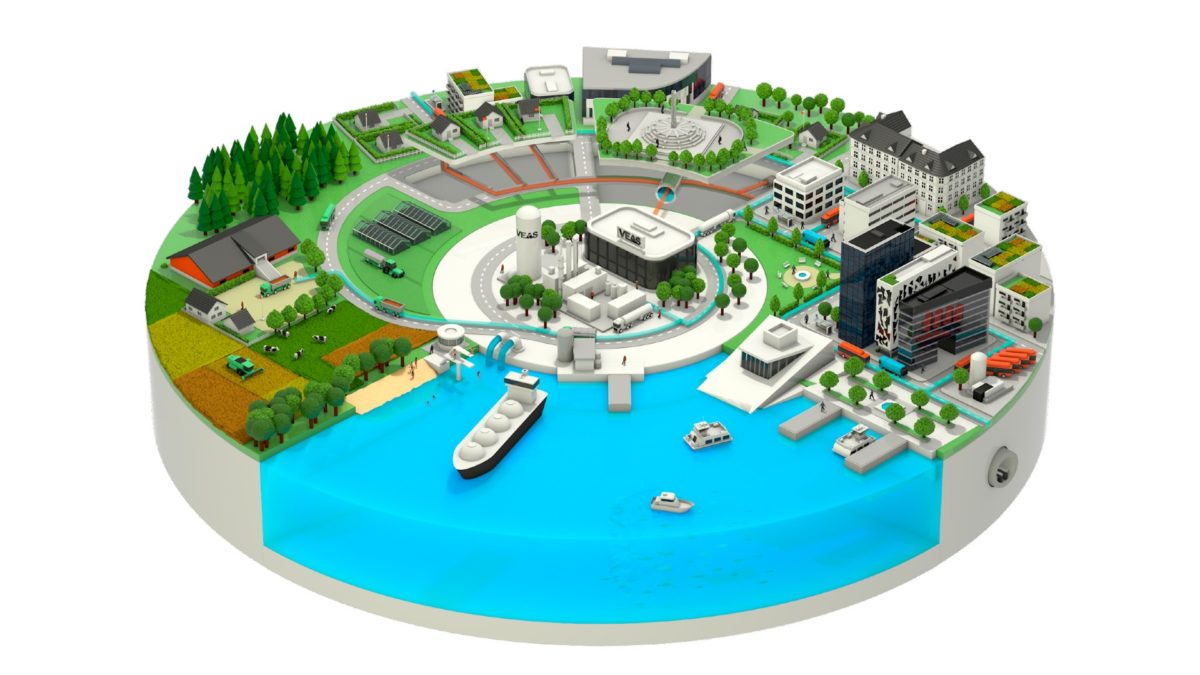Climate-positive biogas prevents both methane emissions and replaces fossil fuels. If biogas is produced from waste sources such as manure from agriculture, residual waste from food production, and organic waste from households, it has a “double effect” on the environment. The residual product (bio residue) can also be used as nutrient-rich fertiliser and can thus be used as a substitute for artificial fertilisers, contributing to a circular economy. Nevertheless, biogas has received little attention in public tenders, support schemes and in the climate debate. One of the reasons for this is that the greatest climate effect of biogas is indirect.
According to the EU’s Renewal Energy Directive, a mix of biogas and LNG can be climate neutral. Moreover, the same directive states that biogas alone can at best give a positive climate effect up to 250%. Since the corresponding directive is not updated in Norwegian legislation, the climate benefit of biogas is being underestimated in Norway. For commercial players, this implies discrimination in relation to other energy carriers, including electricity and hydrogen. Ultimately, this discrimination can park climate-positive biogas as an effective environmental measure. This can in turn slow down efforts to reduce greenhouse gas emissions from the transport sector.
Biogas is not a transitional solution, but a low-hanging measure ready for use. We have the technology, available raw materials and existing applications.
Goal of pilot project
The pilot’s starting point was an uncertainty within the Norwegian authorities whether biogas, in addition to electricity and hydrogen, is a key solution for a climate-neutral transport industry. The pilot’s goal is to remove this system barrier by motivating the market and improving logistics and infrastructure.
Status
The pilot was launched in September 2019. The pilot findings were published in the report GSP biogass-pilot in the fall of 2020. The aim of the report was to cast light on the environmental benefits by use of biogas as fuel in the Norwegian short sea shipping trade, and to point to measures to achieve this. The report recommend a list of measures that can be taken in order to implement and highlight biogas as an environmental friendly fuel alternative for the shipping industry in Norway. The implementation of a biogas pilot for the ferry transport as an example, can further contribute to developing a new industry for production and distribution of biogas, and targeted incentives may create increased production of biogas in Norway.
The pilot continues to work with an overall goal to realize Biogas as fuel for the shipping fleet in Norway.
2022
In the spring of 2022, the pilot’s final report was completed with the following recommendation:
A number of measures can be taken to promote biogas as an environmentally friendly fuel alternative for shipping in Norway. Implementation of biogas piloting project for ferries, for example, can contribute to the development of a new industry for the production and distribution of biogas (“market pull”). Furthermore, various incentive schemes can boost biogas production in Norway.
Read more
- EU directive
- DNV press release: “Vi er ikke bare klare. Vi er godt i gang!”
- Final report for the pilot:

